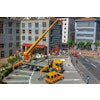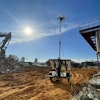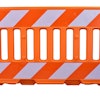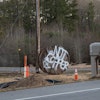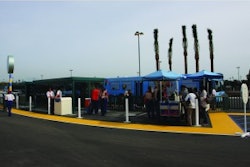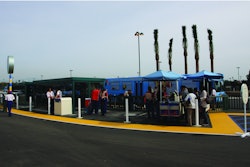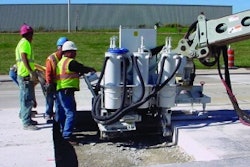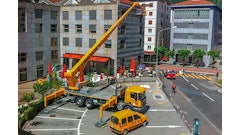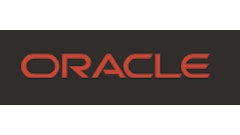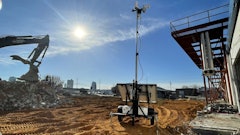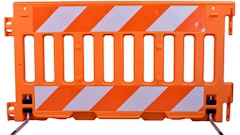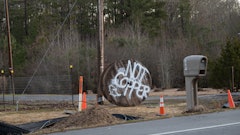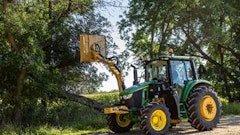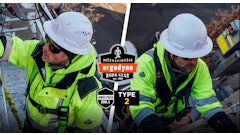The U.S. Department of Labor's Occupational Safety and Health Administration issued the following Region 6 news release:
The U.S. Department of Labor has entered into a settlement with Baton Rouge, La.-based MMR Contractors and Greenville, S.C.-based Fluor Corp. to resolve findings by the Occupational Safety and Health Administration that the companies illegally terminated an employee in Franklin for complaints about safety and health issues.
An OSHA whistleblower investigator found the instrument fitter complained numerous times to his employer, MMR Contractors, and also to Fluor Corp., the general contractor at the worksite, about an unsafe crane lift that exposed workers to possible death or serious injuries from being crushed or struck by the overhead crane load. Shortly after making the complaints, Fluor insisted MMR remove the worker from the Oak Grove Power Plant worksite in Franklin, and MMR promptly terminated the employee. Both companies claimed the employee was terminated for disruptive behavior. OSHA argued the employee's behavior was excused under the "leeway doctrine" of the Occupational Safety and Health Act.
"Employees must be free to exercise their rights under the law without fear of termination or retaliation by their employers," said William A. Burke, OSHA's acting regional administrator in Dallas, Texas. "This settlement underscores the Labor Department's commitment to vigorously protect those rights."
In lieu of litigation, the parties resolved their differences through a settlement agreement, which was negotiated by the department's Regional Solicitor's Office in Dallas. MMR and Fluor will pay the employee $17,500 in back wages; purge any reference to his termination from his personnel file; provide neutral employment references; and agree not to unlawfully retaliate against the crane operator, or any employee, for engaging in activities protected by Section 11(c) of the OSH Act.
OSHA enforces the whistleblower provisions of the OSH Act and 20 additional statutes protecting employees who report violations of various securities laws, trucking, airline, nuclear, pipeline, environmental, rail, workplace safety and health regulations, and consumer product and food safety laws. Under the various whistleblower provisions enacted by Congress, employers are prohibited from retaliating against employees who raise various protected concerns or provide protected information to the employer or to the government. Employees who believe that they have been retaliated against for engaging in protected conduct may file a complaint with the secretary of labor for an investigation by OSHA's Whistleblower Protection Program. For more information, visit http://www.whistleblowers.gov.
Under the Occupational Safety and Health Act of 1970, employers are responsible for providing safe and healthful workplaces for their employees. OSHA's role is to assure these conditions for America's working men and women by setting and enforcing standards, and providing training, education and assistance. For more information, visit http://www.osha.gov.
Copyright Targeted News Services
